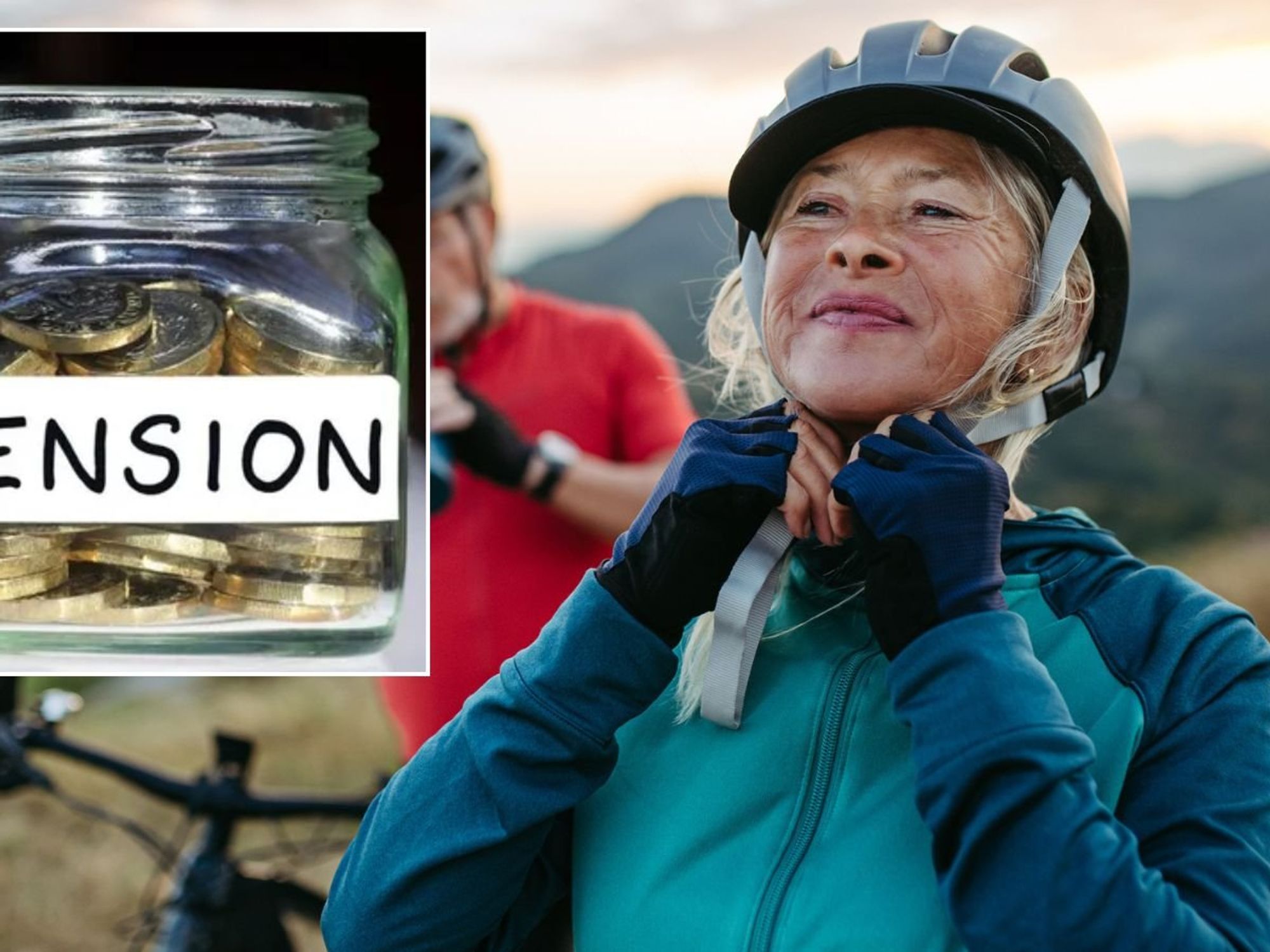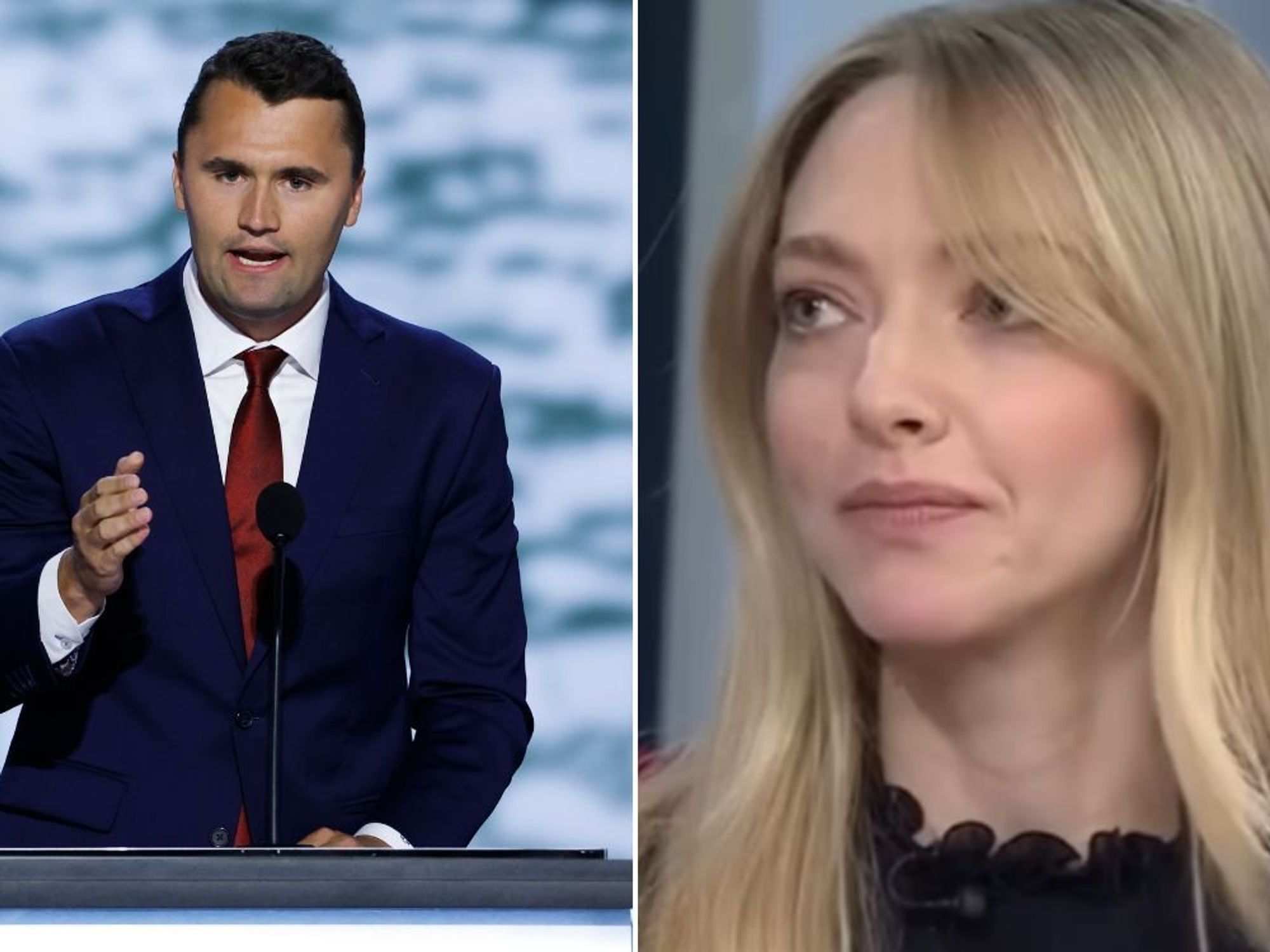Prince Harry's US visa: Judge appears to have submitted his decision on Duke of Sussex's documents

A judge appears to have submitted a decision to a US court amid Prince Harry's visa 'drugs' row
| Getty
Judge Carl Nichols is believed to have put forward his decision in a sealed document
Don't Miss
Most Read
A judge appears to have submitted a decision to a US court amid Prince Harry's visa "drugs" row.
Judge Carl Nichols is believed to have put forward his decision in a sealed document.
It has not been made public yet, but could be released in the coming days.
The row erupted last year when the Heritage Foundation launched the case.
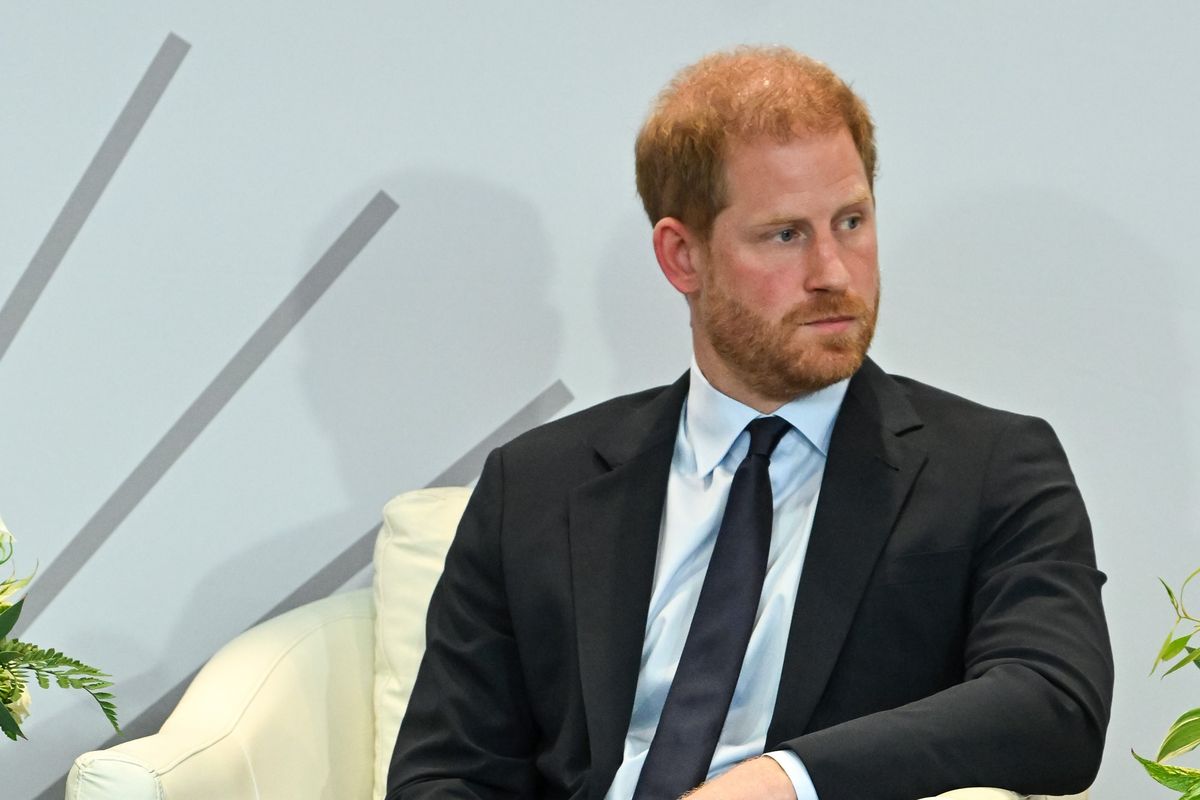 A judge appears to have submitted a decision to a US court amid Prince Harry's visa 'drugs' row | Getty
A judge appears to have submitted a decision to a US court amid Prince Harry's visa 'drugs' row | GettyThe think tank sued the Department of Homeland Security after they rejected a Freedom of Information request to unveil Prince Harry's immigration files.
In his book, Spare and his Netflix series, the Duke discussed using cannabis, cocaine and magic mushrooms.
After examining Harry’s immigration documents for four months, Judge Nichols is said to have filed his decision at a Washington DC court.
Sources told The Sun that the order was procedural rather than a judgement.
LATEST DEVELOPMENTS:
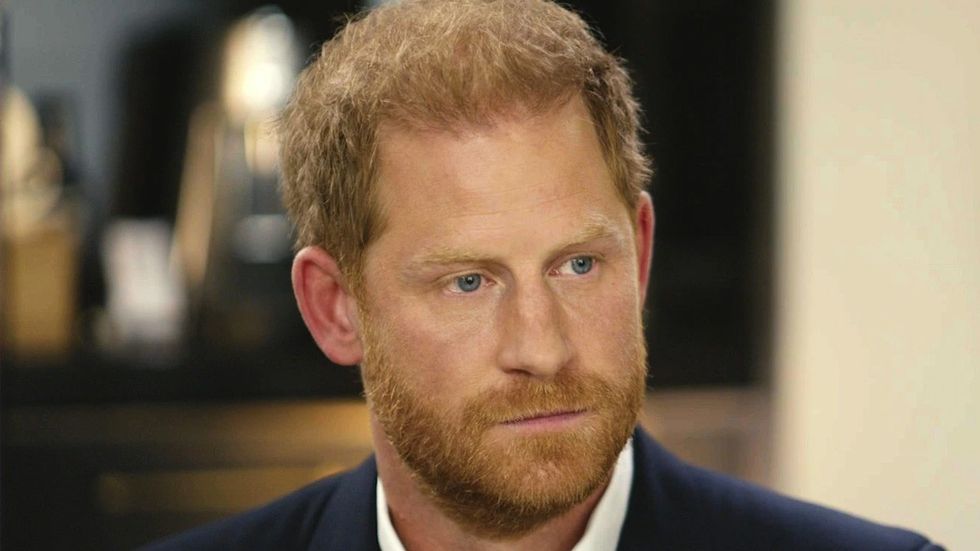
In his book, Spare and his Netflix series, the Duke discussed using cannabis, cocaine and magic mushrooms
| ITVAt the moment, the document can only be seen by "authorised persons".
Prince Harry’s immigration fillings could have "major implications" on his future in the US, investigators have previously said.
Conservative research institute, the Heritage Foundation have been investigating the Duke’s immigration documents to determine if he disclosed his previous illegal drug use or received a special waiver.
When applying for his residency permit, Harry would have been required to fill out a form asking if he has ever used illegal drugs.
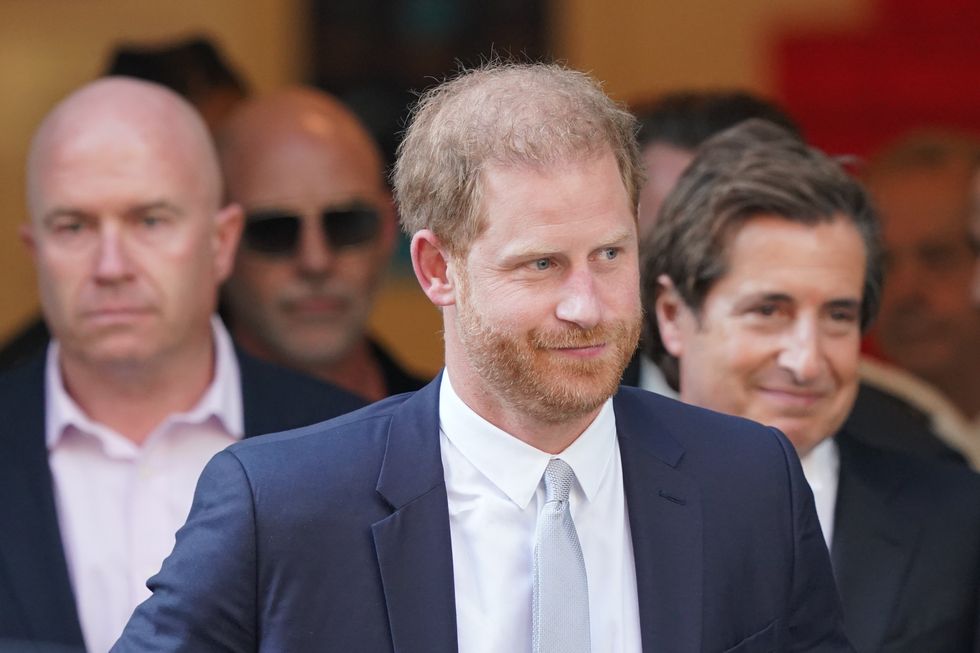 The Duke of Sussex leaving the Rolls Building | PA
The Duke of Sussex leaving the Rolls Building | PAMelissa Chavin, who works for the Chapman Immigration Law Office, previously told GB News that Harry is likely to hold an A1 visa - which is given to ambassadors, heads of states and members of the Royal Family.
She said: "I think that the visa Prince Harry is on is something that none of us see, and for me it is very uncommon and rare."
When asked about the kind of security checks the Duke would have undergone, Chavin replied: "I think there's a focus on only three areas: terrorism, contrary to foreign policy, and espionage. Just on the big headline level of what those ineligibilities might be. But yes, everyone else has a look at whether you violated a controlled substance or statute."
The Department of Homeland Security has been approached by GB News for comment.





